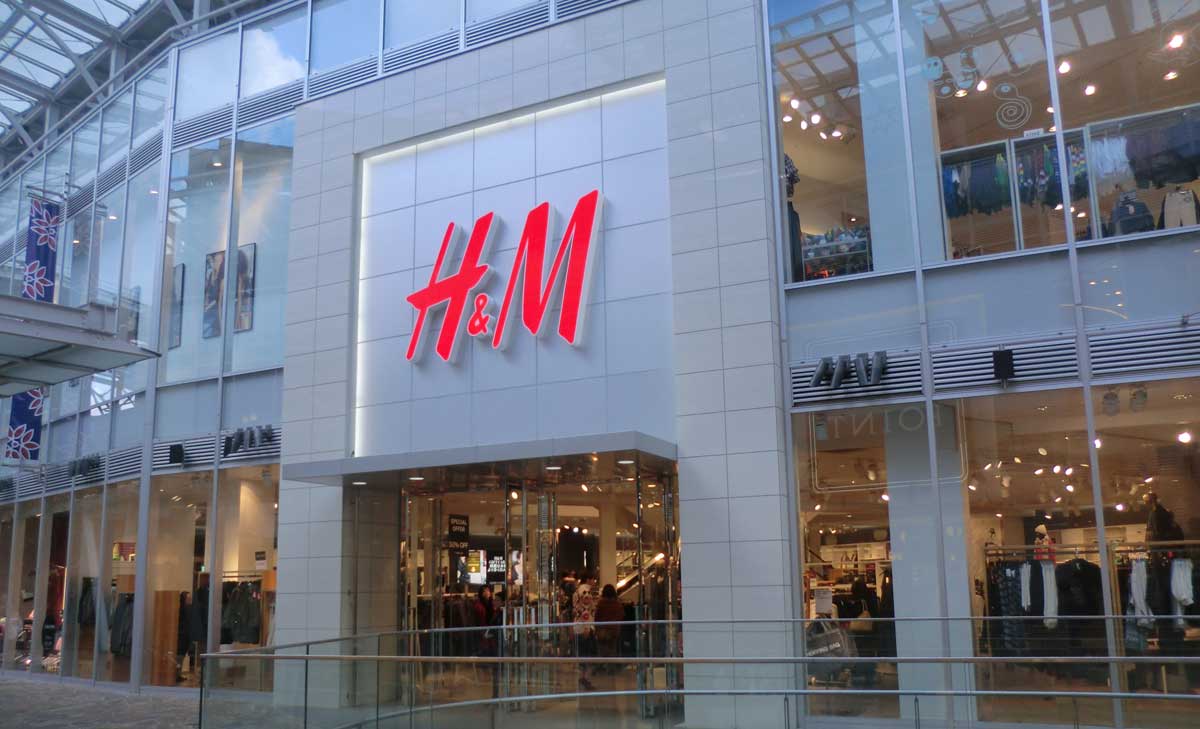An interesting dynamic is being played out between China and the West. H&M is a fashion outlet for the average consumer. It is headquartered in Sweden, a country that prides itself on its social conscience, and H&M announced that it would no longer purchase cotton produced in Xinjiang.
Xinjiang is the province that is home to the Uighurs who associate themselves more closely with Central Asian peoples in culture and religion rather than the Han Chinese, the dominant group in China.
The Han have been migrating to Xinjiang in increasing numbers as the region industrializes. Once constituting only 6 percent of the population, they now comprise 40 percent. Generally more savvy and better educated, they have been snatching up the new higher paying industrial jobs causing resentment and strife.
The Uighurs are Muslim and their religious practices are frowned upon. Amnesty International has reported on a Chinese campaign of mass internment (in so-called re-education camps) and intensified pressure on Uighur culture and religion ever since the “Regulation on De-extremification” took effect in 2017.
There are also reports the Uighurs are being forced to pick cotton, a staple in the region. In December 2020, a Reuters report accused China of forcing 570,000 of them and other minorities to harvest the crop. The area produces 20 percent of the world supply and 85 percent of the cotton grown in China.
In addition, the Center for Global Policy based in Washington, D.C. has also claimed in its report on the issue that it was very likely a major share of Xinjian’s cotton had the taint of forced labor. On the other hand, China claims stable employment in the region has lifted nearly 3 million people out of poverty.
No matter, H & M’s boycott has been joined by Nike and others. But now there is a backlash. China’s official organ, People’s Daily, has named a host of labels who have cut back or refused to buy Xingiang cotton. That has spurred a response in the form of a campaign on social media and state outlets for a consumer boycott of brands ‘stigmatizing’ China.
H & M is the first to suffer. The Communist Youth League accused it of spreading malicious rumors and it cast doubts on whether the company can continue to do business in China. State media joined in and H & M began to disappear from e-commerce platforms and e-maps identifying locations. Even taxi drivers have refused to take fares to their stores.
Adidas, Burberry, Converse and others are also being targeted while people are being encouraged to buy Chinese brands. The western brand names are described as being between a rock and hard place. Their domestic customers urge them to not forget ethics while the Chinese are punishing them for the same. And then the prospect of selling to China with a population in excess of one and a quarter billion remains overwhelmingly attractive to management and shareholders.
Business with China it seems continues to erupt with unexpected dilemmas.


